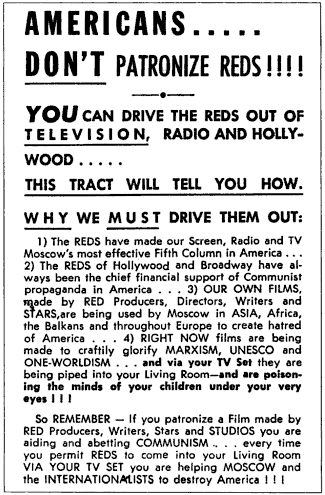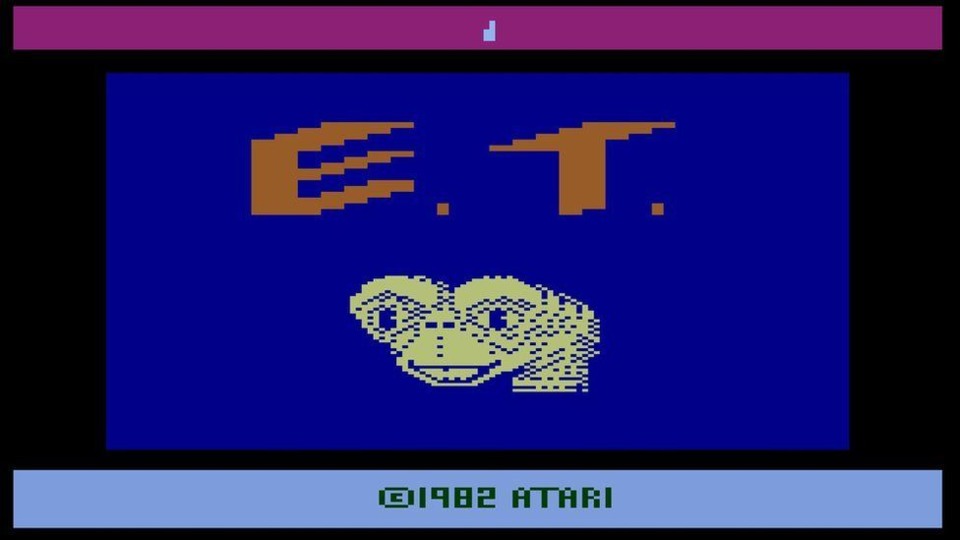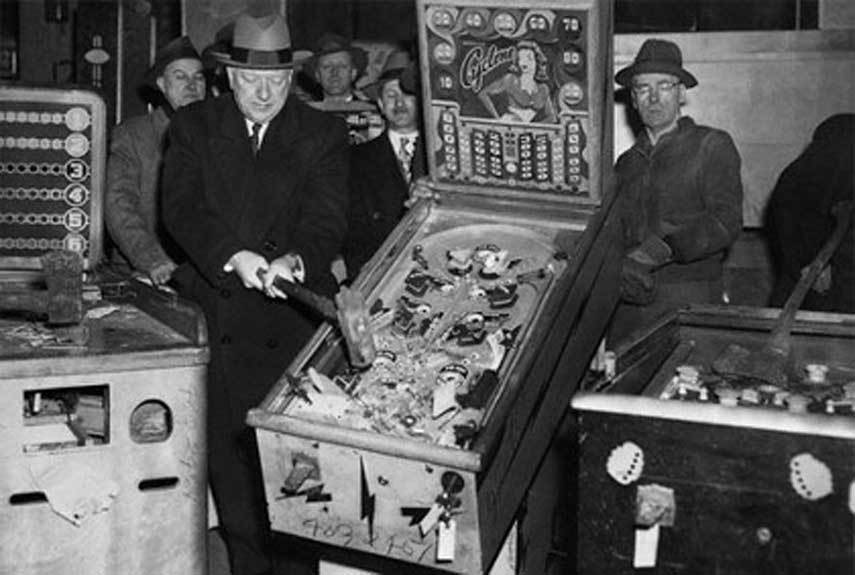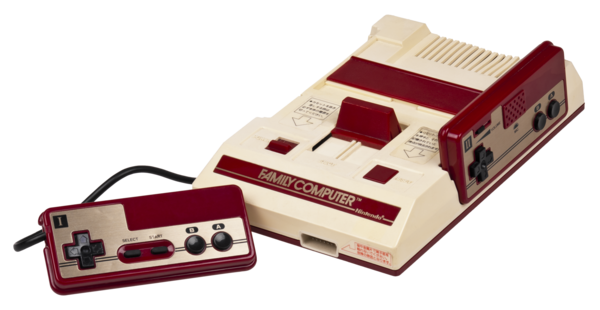The death, rebirth and survival of home consoles. Part 1.
Video games are only a child in the entertainment business, compared to film they’re only here a few years, yet they’ve seen as much if not more change. Ever since scientists first decided to use their supercomputers for a bit of sneaky fun instead of curing diseases or saving the world, they’ve be overhauling the machinery that powers our past time of choice faster and more frequently than almost any other technology. But there is still much to learn about surviving the fickle world of consumerism. So let’s look at some tumultuous times in film and what video games can learn from them going forward.
In this piece I’ll be looking at how the film industry has survived its own obsolescence, changing to become something entirely different but just as successful. While gaming industry, when put under similar pressures of a changing market, collapsed under its own weight.

Cinema should be dead. There’s no place for it in the high speed society we live in today. We carve out two hours of our busy 12 maybe 16 hour days for it, at least an eighth of our day just gone to sitting in a dark room only focusing on one thing, which doesn’t even directly impact our lives. Its archaic. TV, on the other hand, doesn’t even have set start times — it’s there whenever. Not only is it on demand, but you can pause it on one small device in your home and continue watching your bite size content on the go, you can clean the dishes while you watch it, it demands less or you and arguably give you more in return.
Cinema should have died by the 60s, but it survived, or did it. Look at how far it fell(no that’s not fair) how much it has changed. During the time of The Great Depression at least 80 million Americans visited a cinema at least once a week(1a), where else would you see photos come to life and tell stories? However, during the Second World War, a new, terrifying technology was being developed, one which became a lot cheaper to make and buy after the war, one that everyone would want for their new houses, in their new living rooms, to entertain their new kids with: the television. By the 1960,s half of the homes in the US had a box in their living room, which offered a rather compelling argument for not bothering with that whole going out thing.

(1b)

Yet, despite ticket sales drastically slumping, Hollywood survived. When it was assaulted from the inside out and outside in by McCarthyism and the Blacklist; Hollywood survived. When anti-trust laws rid film of watertight contacts killing the classic system; Hollywood survived. Through the age of VCRs, DVDs and now streaming; Hollywood keeps surviving. Scandal after scandal and being innovated past the point of obsolescence, we keep going to the movies. Or do we?
A ticket stub used to cost a quarter, now think about how much you spent the last time you headed to your local cinema. Surely rising prices would just snowball things? If tickets became more expensive, less people would go, right?
Unless, studios know this and have changed to still be able to function. What does it look like, when your competition is more convenient in every way? When you take longer, are more expensive and less flexible? For Hollywood there was one solution, become more than it once was. You can no longer can afford to just be a way for Joe Anyone to spend an afternoon you’ll have to seek to become an event for someone who craves an experience. Look to the Wikipedia page for movies released by major studios in 1930(2) and compare it to 1960’s same page(3). Not only is the 1930’s list much longer, it was also more diverse; this was a time when major studios took risks in their directors and writers and the output reflected it. Films were plentiful and varied as more people went to the cinema, more of their interest had to be catered for. Now, as the years have marched on and the overall audience size dwindled, something’s happening: The homogenisation and expansion of what worked. Studios put more money into less projects but know they will be able to rein in a more dedicated audience despite charging them evermore. Action, adventure, thrillers and dramas have all been focus tested to the extreme and now often market themselves by promoting how much they adhere to the genre cliches.
Today that manifests in every movie either being produced for ‘lost-down-the-side-of-the-couch-money’ or having millions budgeted on it and (literally) the same again on advertising the movie. To make up for these inflation costs, when you arrive at the cinema, you are unlikely to leave without spending at least $20 just on yourself, from $10 tickets (average) to oversized drinks and food (to last you that 2-3hrs) and the up-salesmanship of bigger screens, with better sound or visual. The film industry has found a way to turn going to the cinema from something as once mundane as grocery shopping to something on par with picking a wedding dress, no expense can be spared. Yes, everything inflates with time, but we’re talking about something ballooning to 40x its orginal price and additional costs galore. This is what adaptation looks like; this is what video games both have and haven’t been able to do at the same time. With streaming on the horizon we can look to video games’ brief but eventful history to see how they’ll likely survive.
What do I mean when I say that videogames both did and didn’t manage to adapt and survive during the same time? There is more than one type of gaming that’s for sure; from sports to board games, there’s subgenres upon subgenres. ‘Gaming’ can be applied as a label to many a thing and this goes right down to videogames and their subgenres. The arcade and the home console industry were both massive, distinct gaming markets that were subject to the same wider industry crash. One bounced back while the other has never recovered, what can the industry learn from these events when it comes time to reckon with the technologies of the future.
In 1983, the gaming industry infamously crashed. Because of one game, E.T. The Extra-terrestrial. That is a lie, but it made for a fascinating documentary and it epitomised the worst qualities of the industry at the time (being made in 5 weeks to be released for the Christmas market). The real reason the gaming industry imploded was hubris. Like I said, Atari: Game Over is a pretty good watch and you should give it the time of day but what the film really hits home was the key problem faced by both console games and arcades: Oversaturation.

After the Atari 2600 took off, competitors and copycats were quick to follow; Mantel with their Intellivision and Magnavox’s Odyssey offered strong competition, but no one could compete with Atari’s 2600. At this time, games were made by teams of one, doing everything from the coding to the art and design for six to eight months, but Atari employed a lot of developers, who got very good (and fast) at their craft. This paired with the explosion of third party games on the system thanks to the success of Activision’s Pitfall! which saw an almost never ending stream of new releases. However, this became a problem due to a lack of any quality control. The market was flooded with the subjectively not great to the fundamentally incomprehensible (some would argue broken, in E.T.’s case). People were tired of it and began returning games that didn’t live up to expectation to shops.
People began not just returning bad video games but every-game they could get away with. Video games were becoming bad business. No standardised return policy, a general lack of understanding of the value of a $60 experience and store clerks who didn’t know any better? A recipe for disaster. Kids would get a game on Sunday, play everything the game had to offer by the end of the week and angry parents were storming into Walmart demanding at least a trade-in for their wasted money on Saturday. It wasn’t worth selling games if anything that wasn’t the best of the best was coming back, so retailers began to stop bothering. The culmination of this came after Christmas of ’82 when so many demanded their money back for E.T. that eventually Atari had to step in for retailers and serve up the cash, out of pocket. Things got so bad that this is where the (somewhat true) urban legend of thousands of unsold copies of E.T. being dumped in New Mexico came from. Too many games had come out, too fast, too many of them sucked and no one stopped to think what if people stopped buying the same rubbish time and again.

At the same time trouble had been brewing in the arcade industry. Polygon’s Simone de Rochefort recently produced an excellent video about how Pinball’s ties to mobs and crime plagued (and continues to affect) the industry to this day(4). The important factor for arcades though is that for decades gaming hangouts like these were viewed as a place for all those with too much time to gather and do bad stuff that bad youths do, like loiter, and get involved in criminal gangs, somehow (you know, the usual).
With the pervasive nature of bad home console releases through the 80s, many began to sour on games, the same was happening in arcades. As detailed in Laura June’s comprehensive post mortem of arcades on The Verge(5), the infamous Walter Day recalls how his town of 10,000 had 4 arcades vying for everyone’s quarters . There are many factors which contributed to the fall of arcades, but let’s just say that when home consoles crashed it made sense that arcades were close to follow, despite the quality of the games there remaining much more consistent.

In a final twist of fate, the adaptations made by the console industry was the final death blow to the arcade business. In 1985 the NES came out in America, killing arcades and breathing new life into video games as a whole, as a product sold for use almost exclusively in homes.In my follow-up pieces I’ll briefly be documenting how console gaming, like Hollywood before, has continually adapted when all other logic would argue its popularity should fade and I’ll be looking at how home console gaming will likely have to change to survive the incoming storm of streaming.
(1a) How the Great Depression inspired Hollywood’s golden age - Independent.ie
(1b)
(2) List of American films released in 1930
https://en.wikipedia.org/wiki/List_of_American_films_of_1930
(3) List of American films released in 1960
https://en.wikipedia.org/wiki/List_of_American_films_of_1960
(4) How pinball gave video games their bad reputation
https://www.youtube.com/watch?v=mAjN3BQCZ88
(5) For Amusement Only: the life and death of the American arcade
PS
quick note: please read @cikame's response on the death and rise of PC gaming under this article, its an awesome read!
Log in to comment